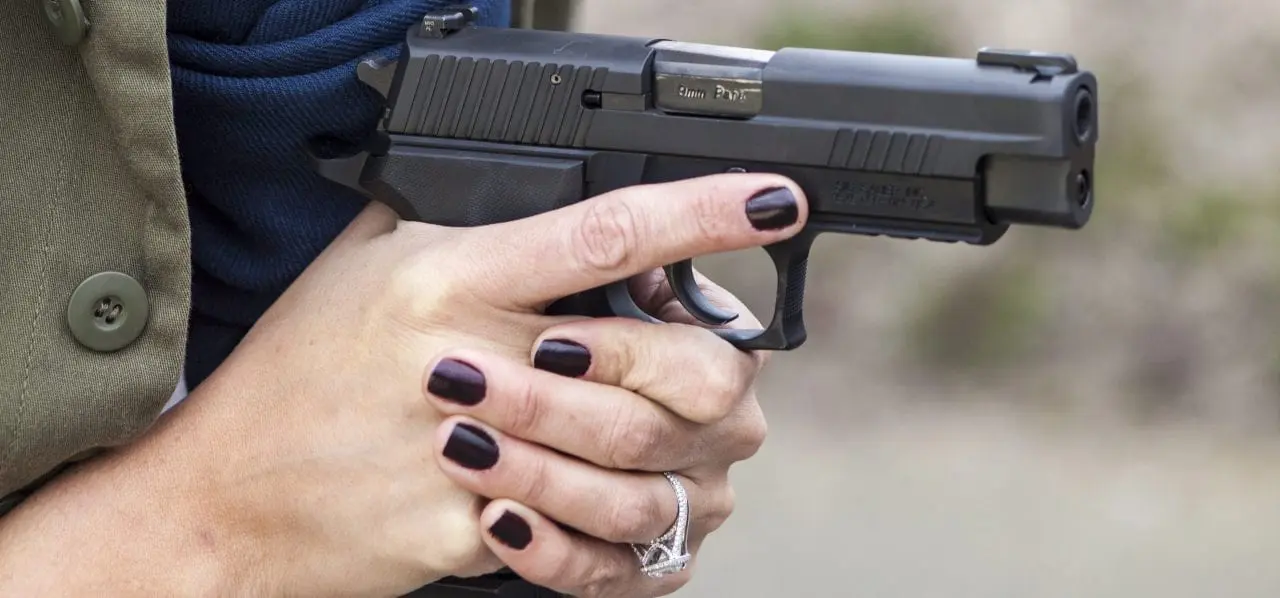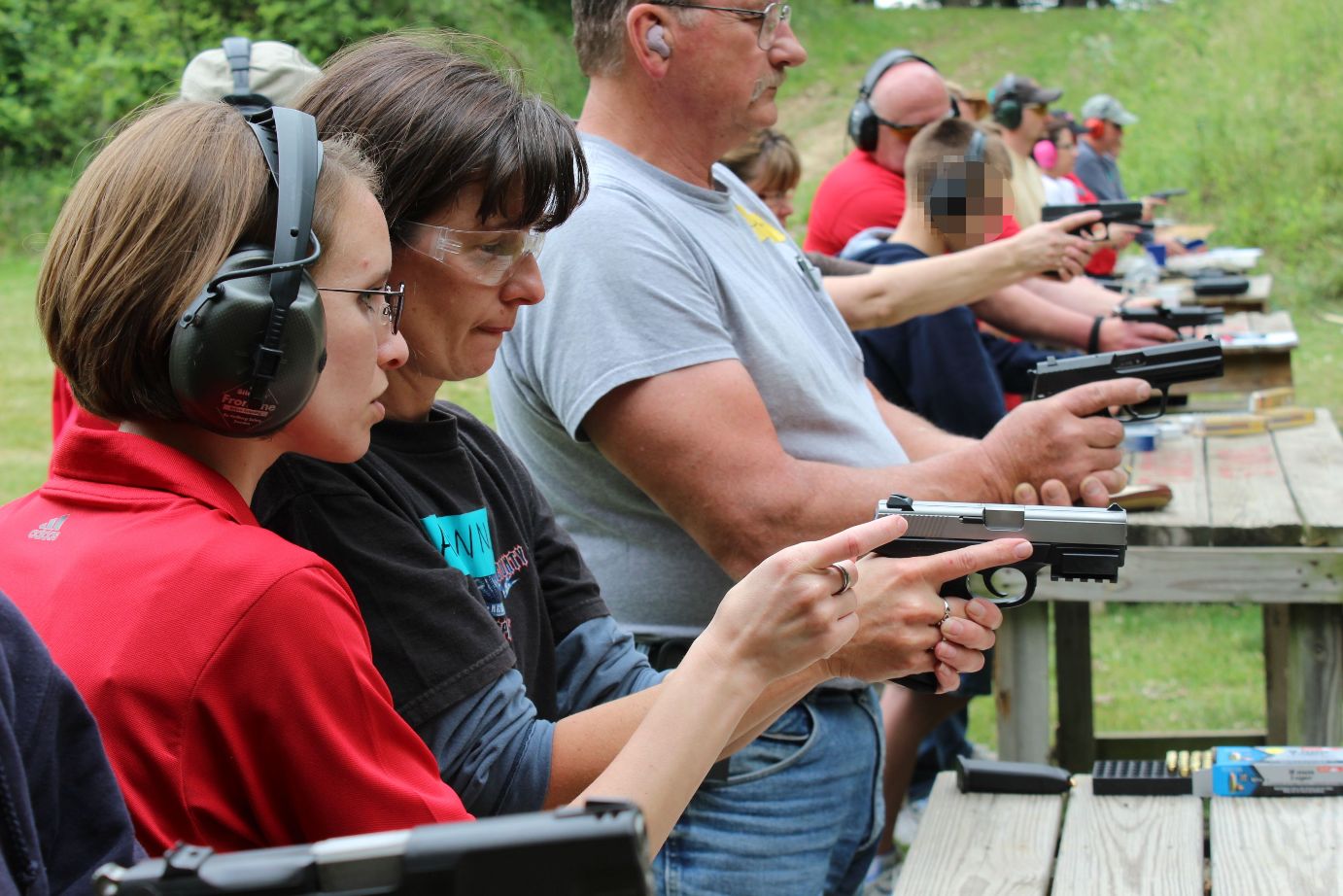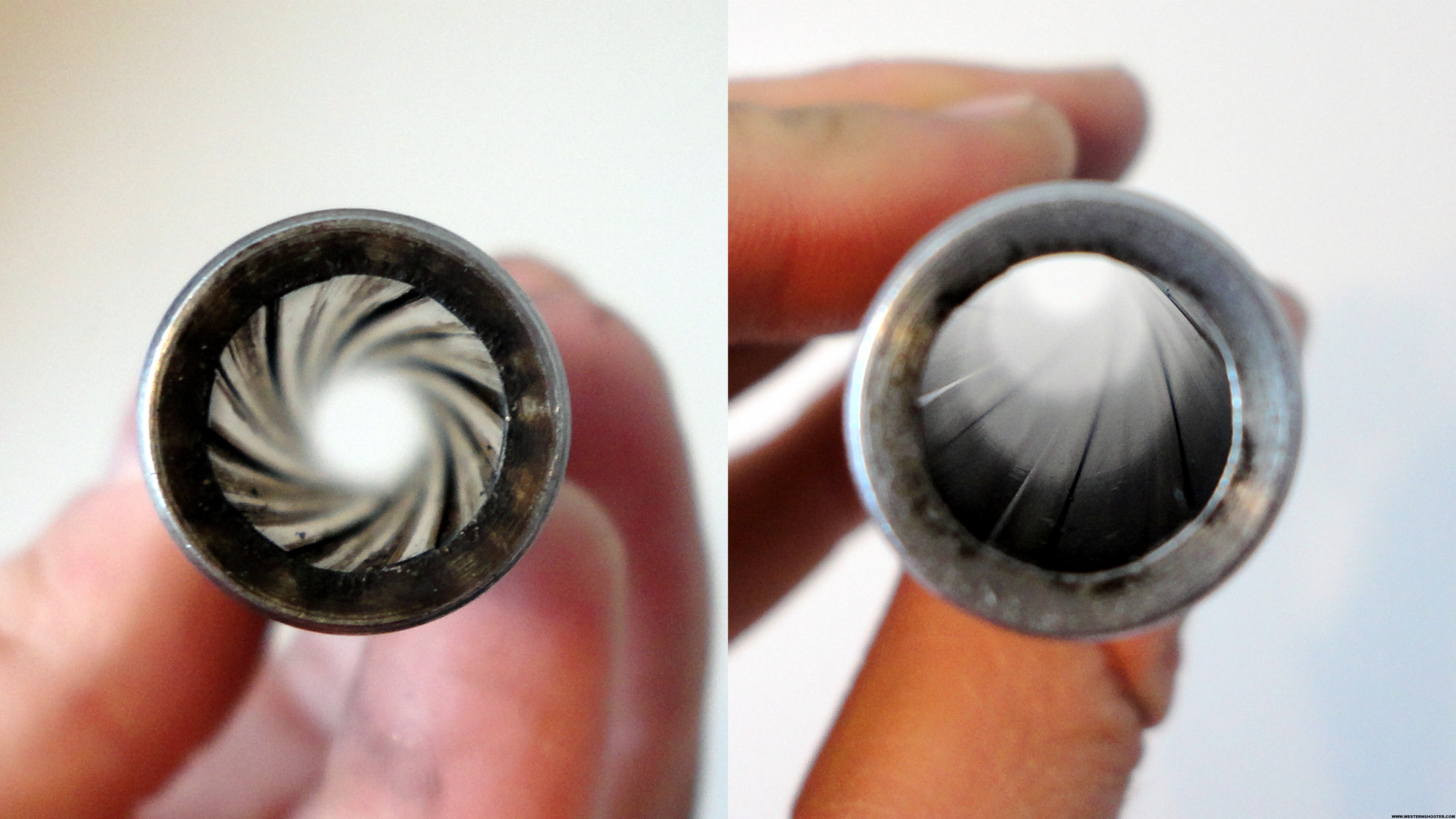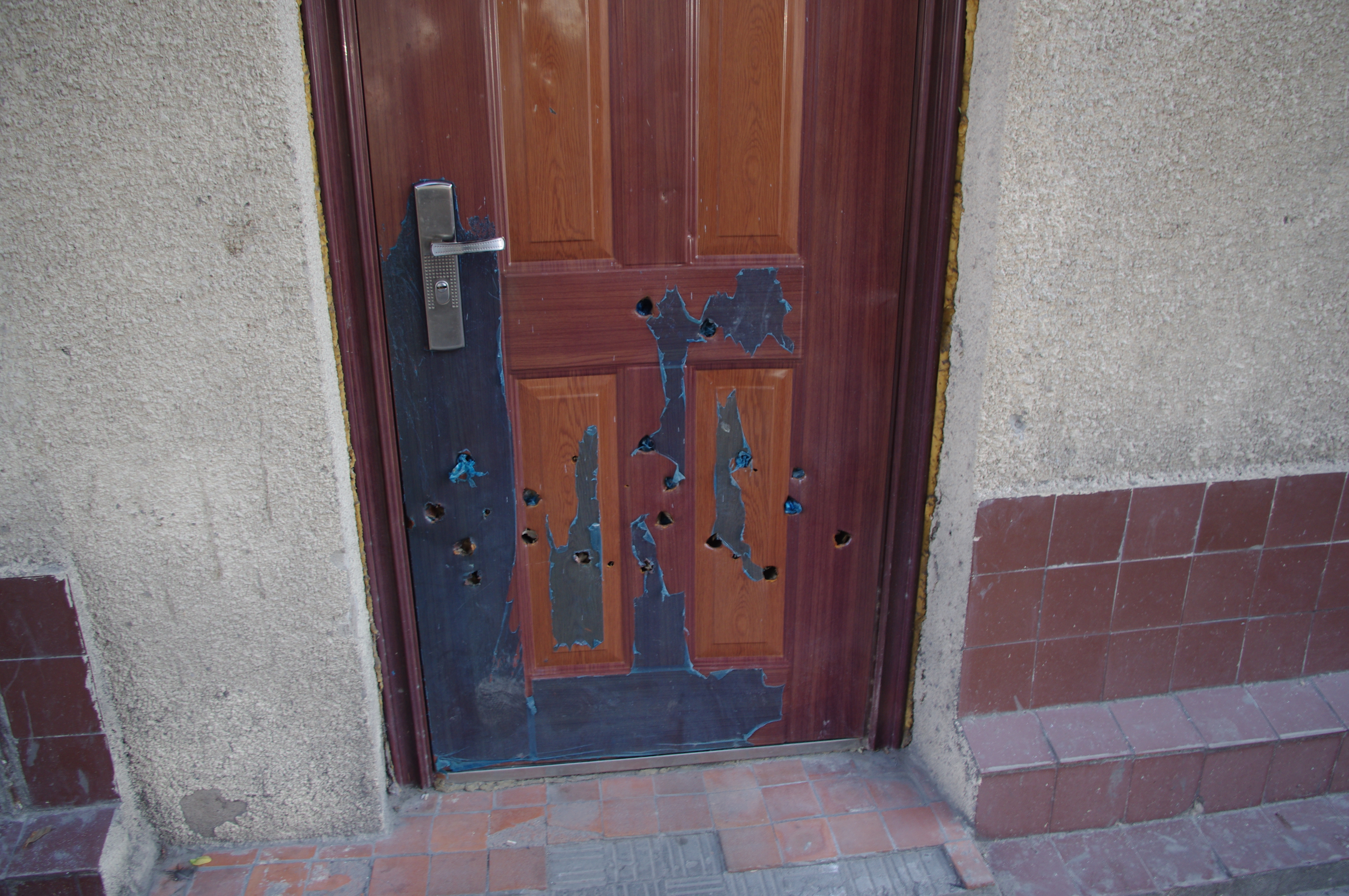20 Gun Safety Tips You Should Know

The right to bear arms is a big responsibility for those who choose to exercise it. Guns are deadly weapons and are designed to cause serious physical injury or to kill. Just one bullet could have tragic repercussions if it hits a human being.
According to statistics, the risk of injury or death involving a gun increases when it is kept at home. However, many people keep guns at home for the purpose of defending themselves against potential armed intruders. Despite this, people can avoid injuries and fatalities at home if they follow firearm safety rules. Additionally, many people say that hunting and target shooting are safe sports, and they are when the participants take safety precautions.
Whether a gun owner or user is a novice or professional, an accident could occur if the individual is not serious about practicing proper safety techniques. Carefully practice the following gun safety tips to avoid hurting someone that you are trying to protect, harming yourself or causing damage to your or others people's property.
1. Know How to Operate Your Gun
Read the manual that comes with your gun. You must understand how to safely open and close the action of the gun and how to safely remove ammunition from it and the magazine.

2. Secure Your Gun, and Store It in a Safe Place
One of the biggest responsibilities of owning a gun is ensuring that it is safe and secure. This is a full-time task because you have to make sure that it is out of reach of children or other unauthorized users and that it is separated from its ammunition. If you fail to achieve this, the results could involve serious injury or death to someone you care about. We have a great article about concealed gun storage safes that you should definitely check out.

3. Use Trigger Locks
Trigger locks are essential to keeping children from accidentally loading and firing your weapon accidentally. For combination trigger locks, use a number sequence that only you will know. For key locked trigger locks, always keep the key stored in a location away from the weapon.
4. Keep Your Gun Away From Children
If you keep a gun in your home, make sure that you unload and lock it away so that children cannot handle it. Additionally, keep the ammunition for it in a separate container and area of the home. Even with these precautions, however, it is safer to not keep a gun in your home.
5. Teach Everyone in Your Home About Gun Safety
Firearms are not toys, so you should strongly convey to everyone in your home, including children, how dangerous guns are both inside and outside of your home. Additionally, provide reinforcement training regularly.

6. Never Give a Gun to Someone Who Does Not Know and Follow the Rules
When you give a gun to someone, it becomes that individual's responsibility to practice proper safety techniques. However, if the individual does not understand and follow the rules, you may have to live with a nagging conscience if an accident occurs.
7. Do Not Keep Your Gun Loaded When It Is Not Being Used
It is important to keep your gun at the minimum level of readiness when you are not using it. Unless you are expecting trouble, you should not keep a loaded gun in your house. To show other shooters that your gun is safe when you are target shooting, keep the action open until you are prepared to shoot. Unless you are hunting a certain type of game that requires your gun to be ready at all times, keep your gun unloaded, including the firing chamber, until you need to load it. Also, leave the action open until you are ready to shoot.

8. Avoid Threats
When you have your gun with you, do not take any actions that you would not normally take when you are unarmed, such as investigating a noise outside of your home, telling a drunk neighbor to be quiet or trying to prevent a robbery. Rather than carry a firearm into a potential conflict, call the proper authorities, and avoid the situation. Although this is a common-sense tip, many people let their pride get in the way. Do not be that type of person.

9. Do Not Carry a Gun While You Are Emotional
Carrying a gun while you are in an emotional state could spell disaster. Emotions such as depression and anger impair your judgment, and you may do something that you regret or cause harm to yourself.
10. Do Not Combine Gun Use With Alcohol or Drug Use
Research has proven that alcohol and other substances impair your normal physical and mental functions. It is vital that you avoid drinking alcohol or taking drugs before you handle a gun and while you are using a gun.
11. Wear Ear and Eye Protection
Every time you handle your firearm, you should wear eye and ear protection that is specified for use with guns. This includes when you are maintaining, cleaning and shooting your firearm. Additionally, anyone else in the vicinity of your gunshots should wear ear and eye protectors.

12. Check for Barrel Obstructions
Since bore obstructions are a primary cause for gun explosions, you need to check for them if you suspect that there is a blockage.

13. Do Not Load or Unload a Firearm in a Building or Vehicle
When you are in a building or vehicle, there is often no safe direction to point the muzzle. The only time that it is safe for you to load your gun in a building is if the structure is a properly built indoor range.
14. Only Use the Right Ammunition for Your Firearm
There is specific ammunition made for every gun to ensure safe shooting. BBs, cartridges, pellets and shells are designed for certain firearms and should only be used with those firearms. The ammunition that your gun uses is likely stamped on the barrel. You can identify ammunition types by reading the box that they come in or possibly by reading the cartridges themselves. Do not fire your gun unless you are sure that it contains the proper ammunition.
15. Always Point the Muzzle in a Safe Direction
This is a fundamental gun safety rule, but if every gun owner followed it, there would be almost no gun accidents. Unless you intend to shoot it, do not point your gun at it. This tip is especially important when you load and unload your gun. In case it accidentally fires, pointing the muzzle in a safe direction prevents someone from getting hurt.
The meaning of "safe direction" is a direction in which a bullet cannot hit someone. This involves taking ricochets into account as well as the fact that bullets can go through ceilings and walls. Sometimes the safe direction is up, and other times it is down. Make a habit out of knowing the direction that your gun is pointing in, even in case you fall or trip.

16. Do Not Point Your Gun at Something You Do Not Intend to Destroy
Train yourself to only point your gun in a direction that will safely stop the bullet from an accidental discharge. At an event with the Armed Defense Training Association, you are educated on keeping your gun holstered with the muzzle down, locked open and pointing down, or cased unless you are firing it.
The ADTA also educates gun users to only point their guns downrange and at the bullet trap backstop. When you are handling or cleaning and unloaded a firearm at home, the ADTA instructs you to point the muzzle in a safe direction to begin with. Some optimal targets to point at in case of an accidental discharge include a full freezer, a 5-gallon bucket of sand or masonry.
17. Keep Your Finger Off of the Trigger Until You Are Ready to Fire
When you are holding your firearm, rest your finger along the side or on the trigger guard. Do not touch the trigger until you are prepared to shoot. This is a good infographic from XDForum.com which illustrates exactly how to be safe with a firearm. If you follow these rules, you can have a safe, enjoyable experience with your weapons.

18. Do Not Shoot at Hard Surfaces or Bodies of Water
Hard surfaces such as hard woods, metal and rocks have a tendency to allow bullets to glance off or ricochet in an unintended direction. Although water is not a hard surface, its density can make bullets ricochet like hard surfaces do, which makes water pretty dangerous. A ricocheting bullet could strike another person or even the shooter. If it hits another person, the shooter could be punished under criminal law for the injury or death even though the shot was unintended.
19. Do Not Shoot What You Cannot See
Numerous fatalities occur every year because people fire their guns when they see or hear something move. This is no excuse to shoot a gun because you cannot take it back. Shooting at movements or noises without knowing what you are firing at is the same as having no regard for other people's safety.
You have no control over where the bullet goes or what it hits after you pull the trigger, so do not fire unless you know precisely what you are shooting at. Also, make sure that your bullet will not hit something or someone that lies beyond your target. Even a 22 short bullet can travel farther than 2.75 miles, and high velocity cartridges like a 30-06 can travel farther than 3 miles. Additionally, shotgun pellets can travel about 0.3 miles, and shotgun slugs can travel beyond 0.5 miles.
Your target is not more important than taking the time to know for certain what your target is, what lies beyond it and where your bullet will stop. If your bullet misses your target or ricochets, you should be certain that it will not cause harm to others.

20. Do Not Fire a Gun to Celebrate a Holiday or Special Occasion
Although many people fire their guns to celebrate New Year's Eve, the Fourth of July or weddings, this is not only dangerous but also illegal. When a bullet is fired into the air, it will fall back to the ground, potentially causing injury or death to whoever is in its path.



